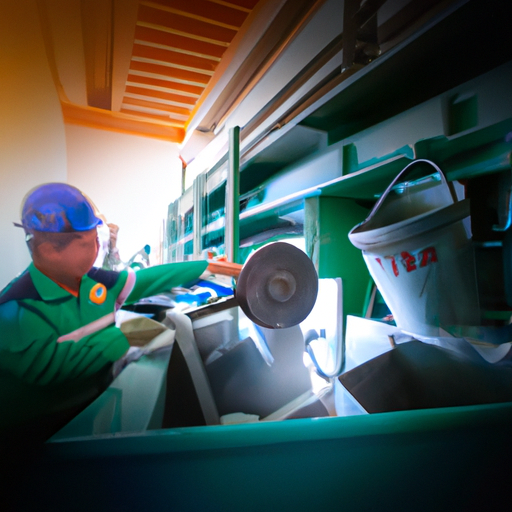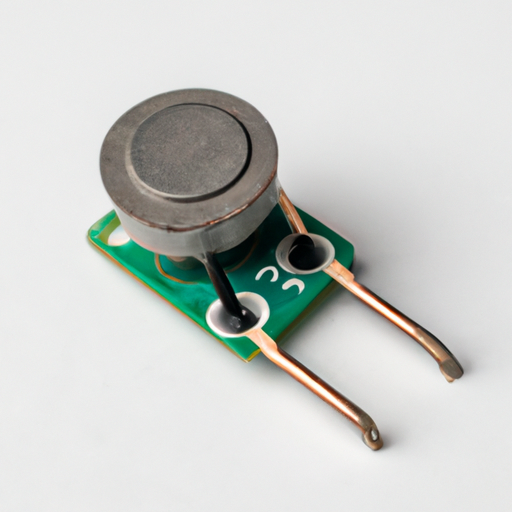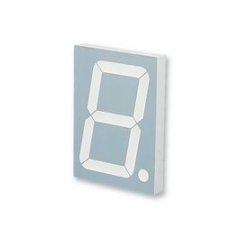Mainstream cement resistor product series parameters
Cement resistors are a common resistor product, mainly used for resistance adjustment and current limiting in circuits. In the market, the mainstream cement resistor product series have certain parameter requirements, including rated power, resistance range, temperature coefficient, etc. This article will introduce the parameter requirements of the mainstream cement resistor product series in detail.

Secondly, the resistance range of cement resistors is also an important parameter. Resistance is the resistance of a resistor, usually expressed in ohms (Ω). Cement resistors have a wide resistance range, ranging from a few ohms to several megohms. When choosing a cement resistor, it is necessary to determine the resistance range based on the specific circuit requirements to ensure that the resistor can meet the requirements of the circuit.
In addition, the temperature coefficient of cement resistors is also an important parameter. The temperature coefficient refers to the proportional relationship between the resistance value of a resistor and the change in temperature. Generally speaking, the temperature coefficient of cement resistors is relatively small, usually below a few hundred ppm/℃. When selecting cement resistors, it is necessary to consider the operating temperature range of the circuit to ensure that the temperature coefficient of the resistor is within an acceptable range.
In general, the parameter requirements of the mainstream cement resistor product series include rated power, resistance range, temperature coefficient, etc. When selecting cement resistors, these parameters need to be determined according to the specific circuit requirements to ensure that the resistor can work properly and meet the requirements of the circuit. I hope this article can help readers better understand the parameter requirements of the mainstream cement resistor product series.
Cement resistors are a common resistor product, mainly used for resistance adjustment and current limiting in circuits. In the market, the mainstream cement resistor product series have certain parameter requirements, including rated power, resistance range, temperature coefficient, etc. This article will introduce the parameter requirements of the mainstream cement resistor product series in detail.

Secondly, the resistance range of cement resistors is also an important parameter. Resistance is the resistance of a resistor, usually expressed in ohms (Ω). Cement resistors have a wide resistance range, ranging from a few ohms to several megohms. When choosing a cement resistor, it is necessary to determine the resistance range based on the specific circuit requirements to ensure that the resistor can meet the requirements of the circuit.
In addition, the temperature coefficient of cement resistors is also an important parameter. The temperature coefficient refers to the proportional relationship between the resistance value of a resistor and the change in temperature. Generally speaking, the temperature coefficient of cement resistors is relatively small, usually below a few hundred ppm/℃. When selecting cement resistors, it is necessary to consider the operating temperature range of the circuit to ensure that the temperature coefficient of the resistor is within an acceptable range.
In general, the parameter requirements of the mainstream cement resistor product series include rated power, resistance range, temperature coefficient, etc. When selecting cement resistors, these parameters need to be determined according to the specific circuit requirements to ensure that the resistor can work properly and meet the requirements of the circuit. I hope this article can help readers better understand the parameter requirements of the mainstream cement resistor product series.







